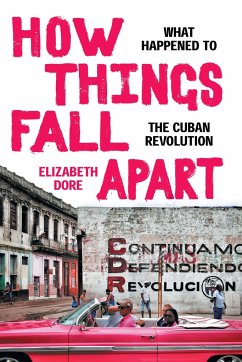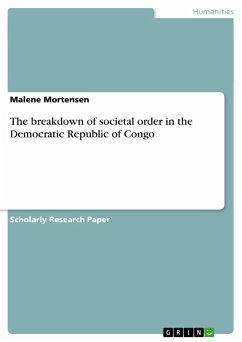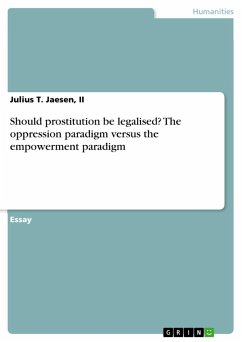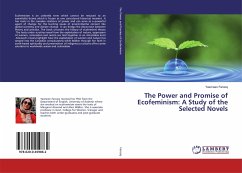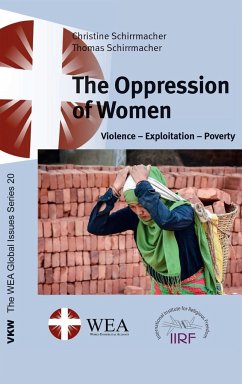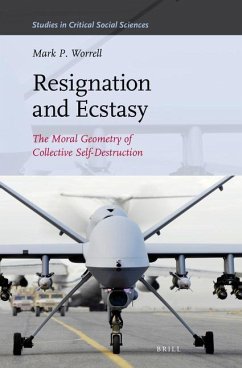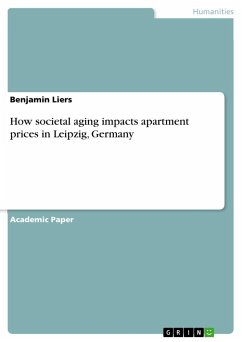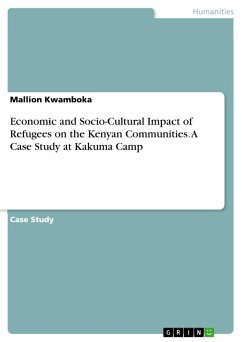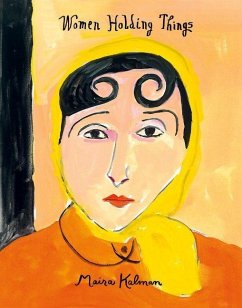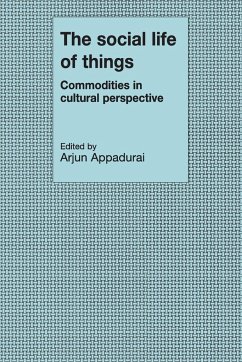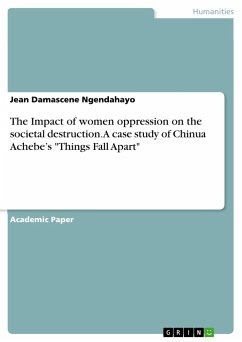
The Impact of women oppression on the societal destruction. A case study of Chinua Achebe's "Things Fall Apart"

PAYBACK Punkte
0 °P sammeln!
Academic Paper from the year 2014 in the subject Sociology - Gender Studies, , language: English, abstract: The research's concern here is on women oppression in the Igbo society and with its impact on the societal destruction. When carrying the research, the forms of women oppression were investigated in this Achebe's Things Fall Apart whereby inequality, inheritance deprivation for female gender, women beating and other abuses against femininity were mainly based on in this research to investigate the reasons of Igbo societal destruction. Okonkwo who ruled his wives and children with a heavy...
Academic Paper from the year 2014 in the subject Sociology - Gender Studies, , language: English, abstract: The research's concern here is on women oppression in the Igbo society and with its impact on the societal destruction. When carrying the research, the forms of women oppression were investigated in this Achebe's Things Fall Apart whereby inequality, inheritance deprivation for female gender, women beating and other abuses against femininity were mainly based on in this research to investigate the reasons of Igbo societal destruction. Okonkwo who ruled his wives and children with a heavy hand was both a woman hater and oppressor. Hence, this behavior and belief have to be searched on for the purpose of finding out how it might lead his society to get destroyed.This research bears the following objectives: To identify the forms of oppression in Things Fall Apart, to examine in which ways the society gets destroyed due to women oppression and to emphasize what women can do soas to get equal chances to their counterparts. Referring to the objectives mentioned above, the researcher wanted to answer these questions: the first question was how has the Igbo society demonstrated the forms of women oppression in "Things Fall Apart?" The forms of oppression were based on women beating, deprivation of inheritance for female gender and different abuse against women. The second one is, where did the society get destroyed in the Igbo society in "Things Fall Apart?" It is identified that women role is limited to households and children bearing not in economic and political whereby the women are not able to possess anything like men. The third is how the women oppression contributed to the societal destruction?The protagonist of Things Fall Apart, Okonkwo, a woman hater and oppressor led his society to destruction whereby his son Nwoye abused by him to behave like women became one of the people who got converted into Christianity unlike traditional and other hatred and violence against the femininity contributed much to the society destruction. The findings identified that the Igbo society practiced different women oppression such as inequality, lack of inheritance for girls' children, and women beating. It was also noticed here that women were socially and economically undermined by men through their patriarchal culture and society. The violence against the femininity pushed Okonkwo to hung himself so that he could not be called a weak or woman for handing himself in white men's hands after killing the white man messenger.




